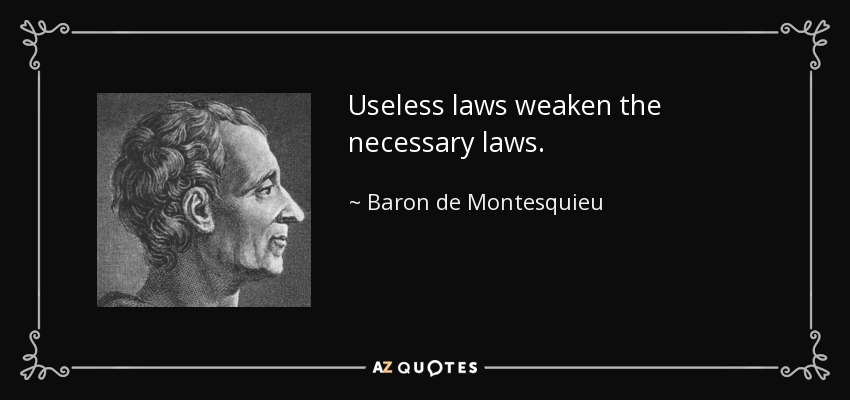Thomas Hobbes titled his book “Leviathan” (1651) as a metaphorical representation of the powerful and all-encompassing state. In it, he proposed a social contract theory, arguing that individuals willingly surrender some freedoms to a sovereign authority in exchange for protection and order. The Leviathan, a biblical sea monster, symbolizes this sovereign entity’s immense power and control. Hobbes believed that without a strong central authority, human life would be chaotic and marked by a “war of all against all.”
The Leviathan concept underscores his advocacy for the largest possible administrative state to provide jobs that claim to maintain social stability and prevent anarchy. We cover the topic today because insofar as technology standards are concerned, federal involvement has run to excess (ignoring market signals), is just another form of market-making that ignores the limits placed upon us by Mother Nature.
Keep in mind that the American National Standards Institute administers a relatively small part of standards-setting in the United States. (Click here for a complete list; updated frequently. A great deal of ANSI resources are devoted to supporting members that run “conformance shops” essential to safe and fair trade. Other standards setting is done by governments, open-source, and other ad hoc consortia.
The culture of the standards-setting domain in every nation rests upon the culture of conformance. “Standards are the seed corn for conformance revenue” we are fond of saying and most of the expertise in the standards setting domain rests with people who make a living making sure others conform to the standard; whatever that standard may be. Conformance (product testing, installation certification, periodic re-commissioning and audits, etc.) is where the money is so we should not be surprised at the degree to which the user-interest (represented by the third gray column in our logo) is outnumbered.
That much said, having the global standards system is better than not having one at all. This system places a check on oligarchies that make central governments grow. The topic is relevant to our work because a surprising measure of influence over technical standards is undertaken by non-technical people who lack the sensitivity to technical and economic trade-offs — many of them presented by Mother Nature herself.
0. Leviathan.
Office of Management and Budget
United States Department of Education
United States Department of Commerce
United States House of Representative Committees
United States Senate Committees
Health, Education, Labor & Pensions
United States Constitution 10th Amendment
The foregoing block of content will be re-configured to another, more dynamic post that synchronizes with state and county-level standards action. Reminder: We do not advocate with governments at any level; merely follow it since the action of government appears routinely in the leading practice discovery activity of standards setting organizations.
IEEE-USA Government Policy Committees










